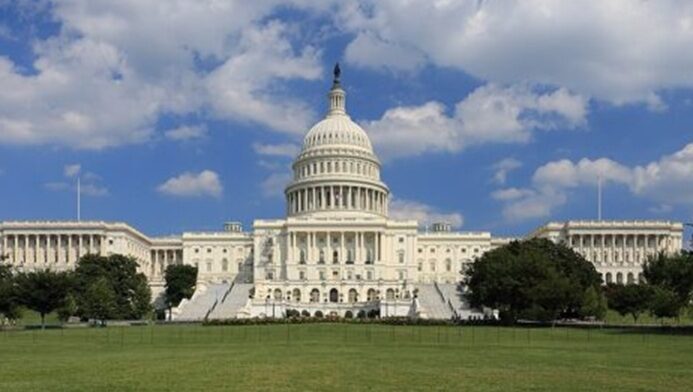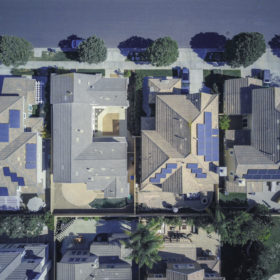On March 29, Matthew Card, Suniva’s executive vice president of commercial operations, wrote an email thanking high-ranking officials in the Trump Administration’s office of the U.S. Trade Representative thanking them for their time and providing them a first draft of the trade complaint 20 days before its official filing.
The revelations, contained in emails obtained by E&E News through a Freedom of Information Act request and reviewed by pv magazine, could call into question the objectivity of Robert Lighthizer, the U.S. trade representative on the eve of his meeting with the solar industry to discuss the Section 201 trade case.
“Throughout this process to-date [sic], I have greatly appreciated your candor, and more importantly, your spirit of helpfulness as Suniva has looked to begin this process,” Card wrote to Bradford Ward and Terry McCartin, the director of the interagency trade enforcement center (ITEC) in the U.S. Trade Representative’s office and acting assistant U.S. Trade Representative for China Affairs, respectively.
The emails don’t reveal when the “process” of consultations with the Trump Administration about the case started, but what they do reveal is that Suniva was consulting with Ward and McCartin well before they officially filed the trade complaint with the U.S. International Trade Commission.
Suniva responded to the emails by pointing out that the Solar Energy Industries Assocication (SEIA) has also met with members of the U.S. Trade Representative’s office.
“Just as SEIA and others who oppose saving American solar manufacturing jobs have done, we’ve reached out to the administration and kept them up-to-date on our efforts to save American high tech manufacturing jobs in the face of cheating by China,” said Mark Paustenbach, a Suniva spokesperson.
It should be noted, however, that there is no evidence at this time to support a contention that SEIA met with Trump Administration officials before the trade complaint had been filed, which Suniva’s own emails prove they did.
SEIA said they had known that Suniva had approached the Trump Administration before the filing and weren’t surprised.
“We knew they had been in there in advance of filing and it isn’t surprising that they would be,” said Dan Whitten, SEIA’s VP of communications. “It also doesn’t change the fact that this is a deeply flawed Section 201 case, or that the president will be putting America First, and preserving tens of thousands of American jobs, if he denies tariffs.”
Suniva filed for bankruptcy on April 18 and filed trade complaints against its international competitors under Sections 201 and 202 of the Trade Act of 1974 with the ITC eight days later. It asks for “global safeguard relief” from imports of crystalline silicon solar PV cells and modules. SolarWorld joined the complaint a month later.
The responses from the Trump Administration officials is generally non-committal, thanking Card and Mayer Brown lawyers for the information. The day of the filing – April 26 – Matthew McConkey sent Ward and McCartin a copy of the official complaint, warning them that though the complaint is public, “please note that we are not releasing this publicly right now while the [USITC] does initial formal review.”
Update: This article was updated at 1:13 pm EST on 12/5/17 to include responses from Suniva spokesman Mark Paustenbach and SEIA’s vice president of communications Dan Whitten.
This content is protected by copyright and may not be reused. If you want to cooperate with us and would like to reuse some of our content, please contact: editors@pv-magazine.com.








Sadly with this administration you have to wonder if money changed hands…
Not IF…..How much would be the real question.